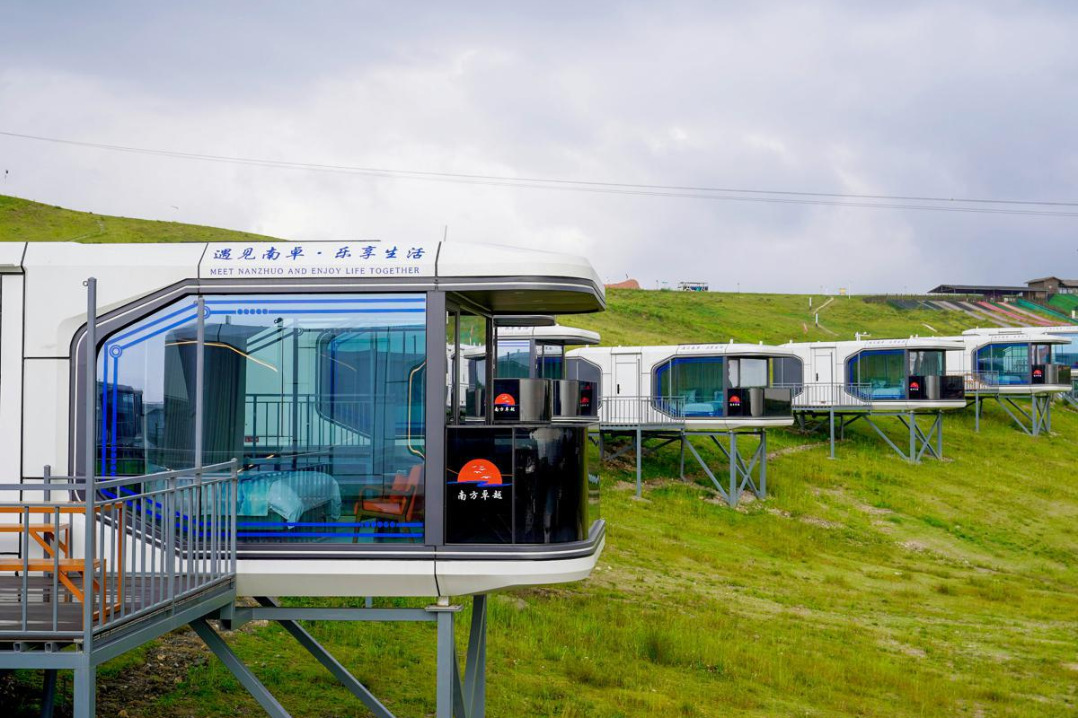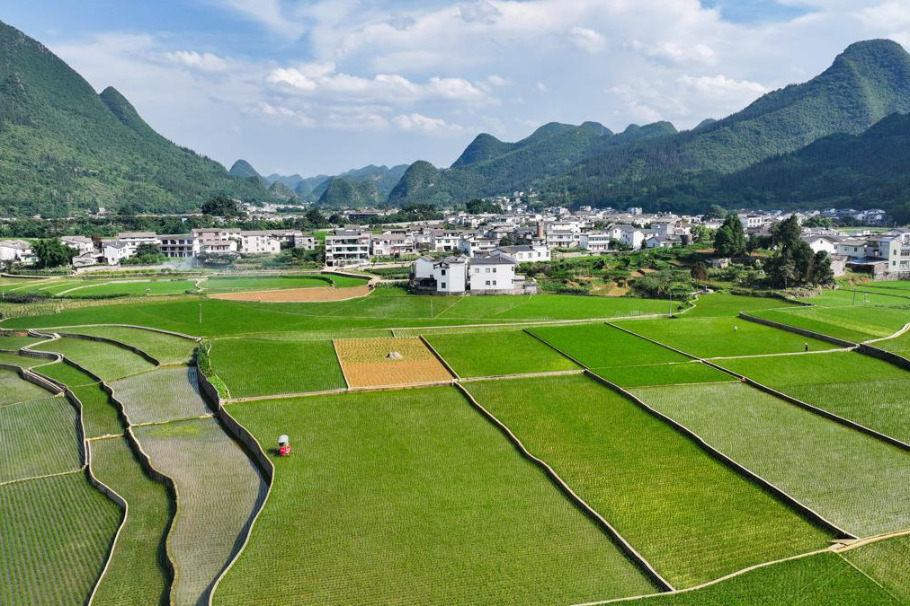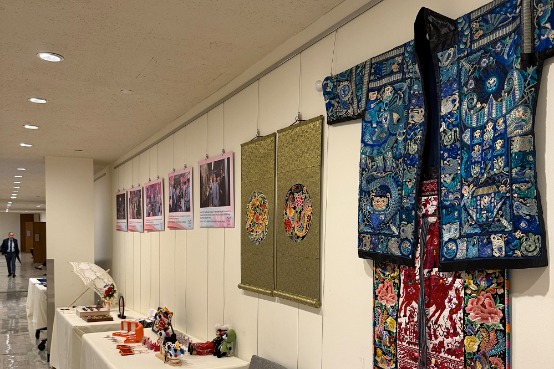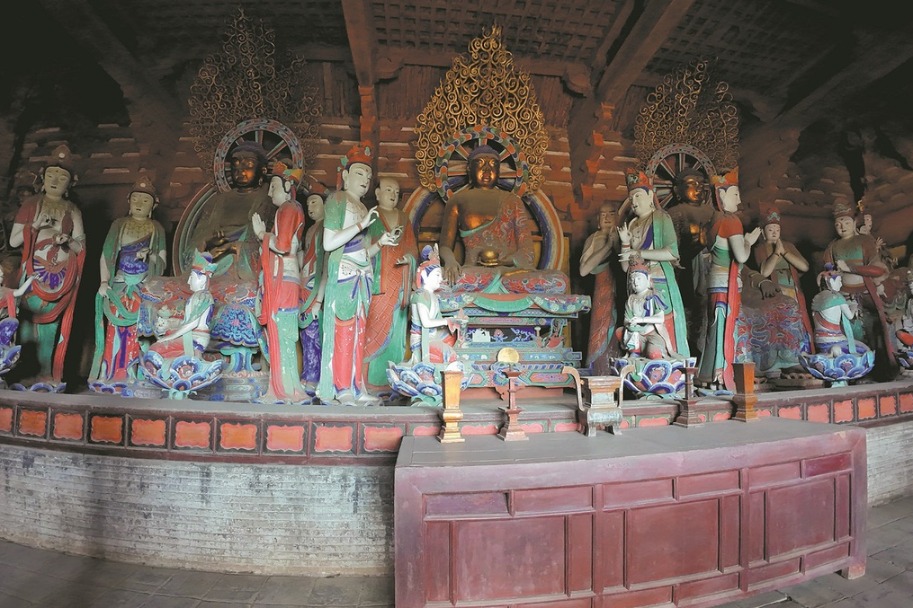Veteran risks life to protect antelope from poachers

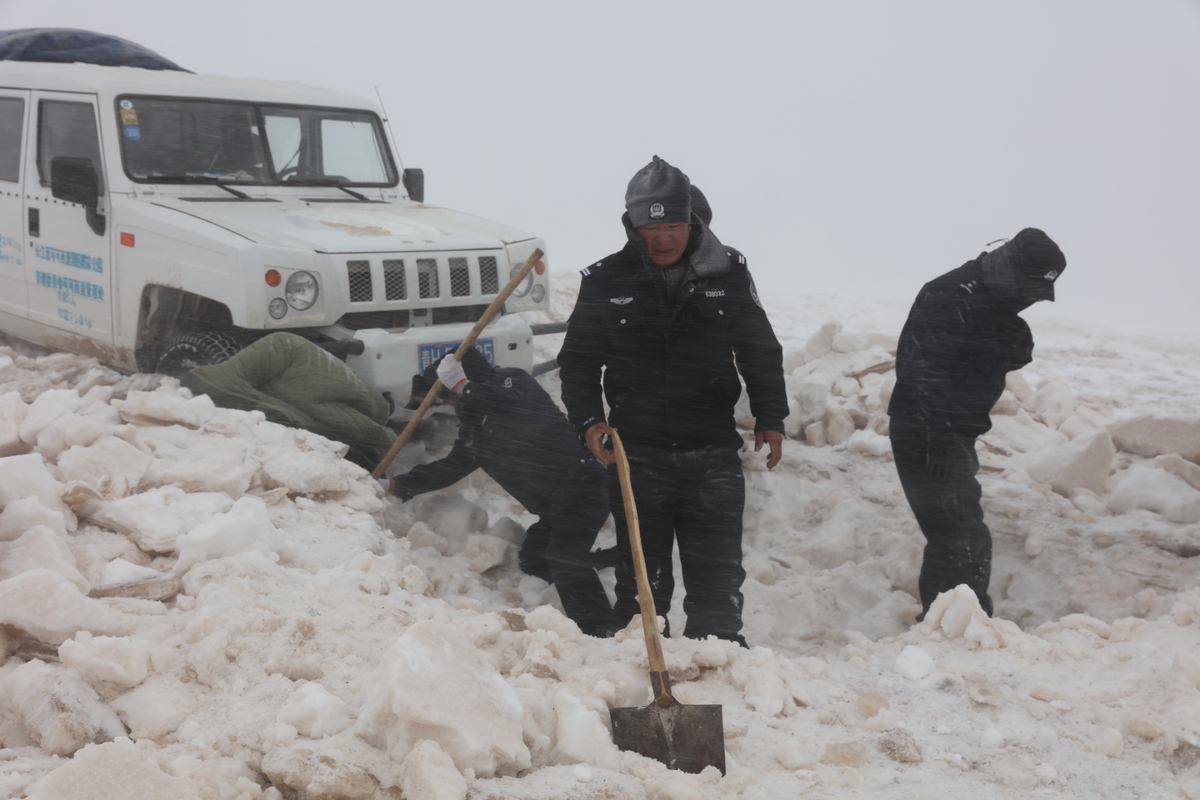
"The footprint you leave in Hoh Xil may be the first one made by a human being," goes the line from the 2004 Chinese movie, Kekexili: Mountain Patrol.
But police officer Zhao Xinlu has trekked more than 800,000 kilometers over the course of 500 patrols conducted in this wild, unpopulated place. He has been working here since 1997, and two of his main tasks are to catch poachers and to protect the Tibetan antelope, especially when they are giving birth.
At an average altitude of 4,600 meters, the Hoh Xil National Nature Reserve, which is located in the northwestern part of the Qinghai-Tibet Plateau in Qinghai province, is abundant in mineral resources and wildlife including yaks, brown bears and Tibetan antelopes.
In the 1980s and 1990s, the poaching of wild animals, especially antelope, was rampant and on every patrol Zhao risked his life confronting armed poachers.
Over the past two decades, he and his colleagues have captured about 350 suspects and confiscated about 3,900 antelope skins.
"The number of poaching cases has dropped to zero for the last 10 years thanks to enhanced legislation and improved awareness among the people," Zhao said.
Consequently, the Tibetan antelope population has grown from 20,000 in the 1990s to around 70,000 now.
In 2017, Hoh Xil was approved as a world heritage site at the 41st session of the UNESCO World Heritage Committee in Poland.
In 2018, Zhao was awarded the May First Labor Medal by the Qinghai provincial government, and last year, he received the National Advanced Worker award from the central government.
After leaving the army in Tianshui, Gansu province, Zhao began to work at the Hoh Xil protection station.
During patrols, snowstorms sometimes trapped him and his team in a no man's land for up to 18 days, even though Zhao is familiar with almost every mountain and river in the area.
Yaks sometimes crash into their cars, and team members sometimes suffer from severe altitude sickness.
When he first arrived, Zhao also experienced severe hypoxia and nosebleeds, altitude sickness, headaches and breathing difficulties. He didn't adapt until his fifth day.
"Every case and even every patrol was dangerous," the 46-year-old said.
In October 2003, after two days on patrol, Zhao and his team came across a group of poachers in the Hoh Xil heartland.
Dozens of antelope skins were spread out on the ground, and some of the poachers were listening to music in a car while others were dealing with the meat.
"My heart broke. I still clearly remember my anger at the scene. I didn't think of the guns the poachers were carrying, I just wanted to catch them," he said.
Zhao focused on one of the poachers and began a long chase across the high-altitude desert. By the time he caught the suspect, both were weak due to the lack of oxygen.
Zhao says that he has never been afraid of poachers.
"We are on the right side. It is poachers that should fear us and flee," he said.
"During my army service, I trained to have both physical and will power. This is my job. I can and must do it well."
Every year in May, tens of thousands of antelopes head for lakes in the heartlands to give birth. For about two months, Zhao and his colleagues remain at the Zonag Lake protection station, in the heart of Hoh Xil, to protect them from poachers.
At night, brown bears and wolves scratch outside their tents and leave paw prints.
"We light a fire in the tent so that they don't dare hurt us," Zhao said.
But it's not possible to protect all the antelopes. Zhao is saddened every time he sees wolves attack babies, throwing them around as the mother antelope wails.
"The weak are the prey of the strong. It's the law of jungle, and we mustn't interfere. We all agree that the animals should solve their problems themselves."
Since 2018, Zhao has begun to talk about his experiences to audiences across the province to promote the protection of Hoh Xil.
"As conservation of the ecology and the environment becomes the core task of Qinghai province, the protection of Hoh Xil has an increasingly important place. This is a pure land. Protecting it is also to protect human beings," he said.
- China steps up preparations for Typhoon Wutip
- Exhibition highlights Yangtze River's influence on Chinese civilization
- China launches nationwide crackdown on misconduct in medical sector
- Blood donation rate rises, shortages remain
- Typhoon Wutip spurs emergency response
- China's BMI tech reaches new heights
















